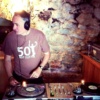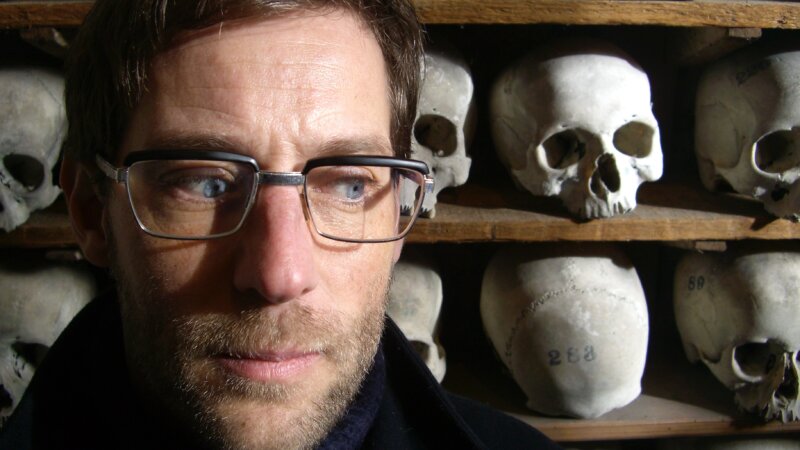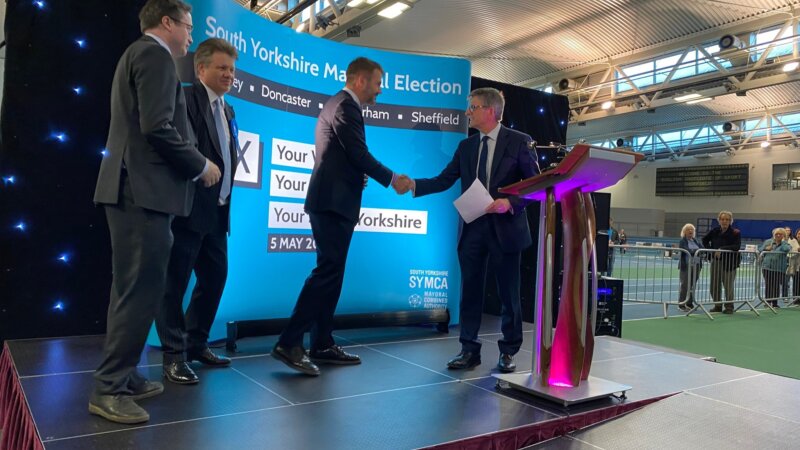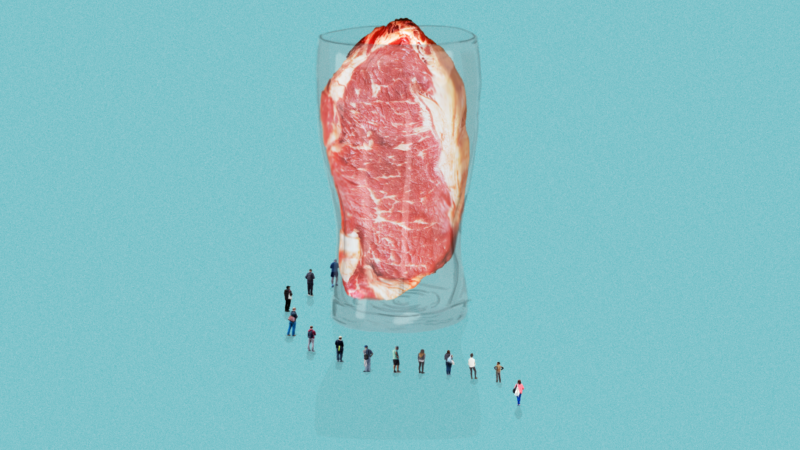Michael Rother: Bringing Neu!, Harmonia and solo works to Sensoria
In the fading summer light there is still much to warm our souls, as the UK’s finest music, film and digital media festival, Sensoria, sets up residency in Sheffield for the first eight days of October. As part of the festival - which features SynthFest, Wild Beasts and Blancmange, among many other events - Michael Rother will play a live set of Neu!, Harmonia and his own solo works.
A youthful but already inventive Rother was an early member of seminal German electronic pioneers Kraftwerk by the age of 20, but it was alongside Klaus Dinger that he found his true calling in the highly influential group Neu! The band were one of a small but disparate collection of German artists who gathered a passionate following in the UK and beyond, falling under the wry, if not lovingly ironic, banner of 'krautrock'.
Rother went on to form the mellower supergroup Harmonia in collaboration with Hans-Joachim Roedelius and Dieter Moebius, and has since released numerous solo and collaborative projects. I spoke to Rother in his home, only just returning back from playing at Green Man Festival in Wales.
You are well travelled and from a young age lived in different countries, including the UK and Pakistan. How did those experiences influence your musical direction?
I have a clear memory of being fascinated by those musicians in the streets of Pakistan who would go from house to house and hope for money in exchange for their music. I could not make head or tail of the harmonic scales at the time, but I was very much attracted to the hypnotic character of this music, which seemed without any connection to middle European folk music or classical music.
Music went through an incredible change in the 50s. In Germany things must have been very different. How hard was it to discover new music?
I was exposed to rock and roll when I was about six years old by my older brother, who is about ten years older than me. He used to have these rock and roll parties, and hearing tracks by Little Richard in the 1950s, which still have that strong attraction to me, was very influential. Hearing the likes of Chopin and Bach, alongside rock and roll and then the music from the sub continent, fascinated me. I was engrossed by the idea of endless music, and this stayed in my memory until my family returned to Germany from Pakistan in 1963 and I heard the pop music coming out of England.
Was there a specific eureka moment for you, when you realised you had found what you were seeking musically?
I think it was lucky circumstances how I met the guys from Kraftwerk. I almost stumbled into their studio by chance and started jamming with Ralph Hütter. It was a case of ‘I don’t have to talk to this guy, we can just make music’. It felt like a glove in a hand, someone else with the same idea of harmonics and melodies. I don’t know what I would have done without getting in touch with those musicians. I may have given up and become a lawyer.
How did this experience with Kraftwerk transform into what you created with Neu?
Klaus and I started Neu! We tried to do music that had this long, straight, fast-forward stretch, and then I would add some melodies and then we would add some colours to it. Doing the first Neu! album was like an action painting process, throwing musical ideas onto tape. It was about then the music that had fascinated me in Pakistan returned back into my life and influenced what we were doing with Neu!
How important was improvisation?
You have these two extremes. [There are] short songs like The Beatles’ ‘She Loves You’, songs that just jump at you, within two seconds you get the message. Then there are the much longer songs, like we did at times. I continued that exploration with Harmonia in 1973 and some of our live improvisations went on for about 20 minutes. We didn’t jam - we made music. It is something quite different. With Hans-Joachim Roedelius and Dieter Moebius in Harmonia, we created musical pictures and that was a very different process. One of us would introduce a new idea and the music would take another direction. That was fascinating for me, working with Roedelius and Moebius.
How important was [acclaimed producer] Conny Plank to Neu! and German music in general?
I think it would have been very difficult for us to develop the music without Conny. Everyone in the team was indispensable. Conny Plank, with his talent, was an equal partner, not in the creating of the music but in the organisation, by expertly mixing the tracks and picking up the ideas at a very early stage. Someone asked Conny in the 1980s what his role was and he compared it to that of a midwife in helping the musician give birth to their ideas.
In his book Krautrocksampler, Julian Cope says, "Krautrock is a subjective British phenomenon." What are your thoughts on the term?
I fought that not very favourable expression for years, but now realise and see it as a term of endearment and love by travelling to Japan, Australia and the UK. You have this tag ‘krautrock’, which was a stupid tag based on its origin, but now meaning has gone away from that of Nazi Germany and the First World War soldier. So I have stopped fighting. All I ask is that people come closer to the picture, as from far away all the German acts of the time seem the same. You’ll find they are very different when you look closer.
You’re coming to Sheffield as part of Sensoria Festival, playing Neu!, Harmonia and solo works. How do you decide what to play from such an extensive back catalogue?
I think it is a safe bet to be a mixture of tracks from Neu!, Harmonia and solo works. I love to have people be moved in a concert, so maybe next year I would like to do floating, lying down music live. This dynamic, fast-forward, running music by Neu! and Harmonia is what I enjoy playing and people give me so much good feedback, which is nice. I look forward to being in Sheffield and I hope I will have enough time to walk the streets. To be in the streets and be among people is what I love about my job, meeting people and exchanging ideas.
You have composed the scores for a couple of feature films. Is this something you would like to do more of?
I love film and it was a great experience for me to react to emotions and scenes from films and develop music for it. For me, music and film are two sides of a coin, and I like to go for interesting projects, rather than just money.
What are your future plans?
I have been asked to to perform [1977 debut solo album] Flammende Herzen in Dussledorf at the end of the year, so will be working on that. There are three tracks on the that album which I have never performed live, so I will have to be on my toes.
Michael Rother plays Neu!, Harmonia and solo works at The Foundary on 2 October. Tickets are available at sensoria.org.uk.
michaelrother.de
sensoria.org.uk
)







